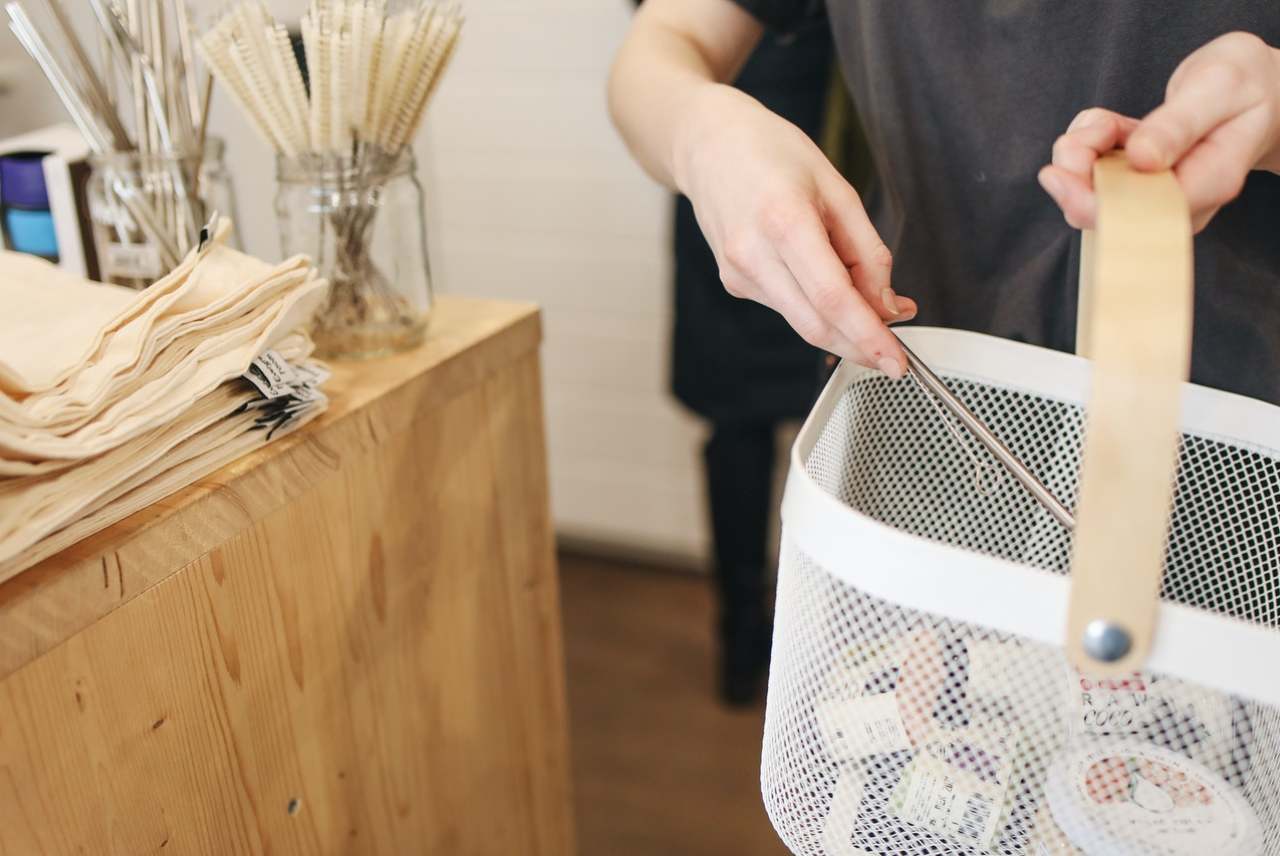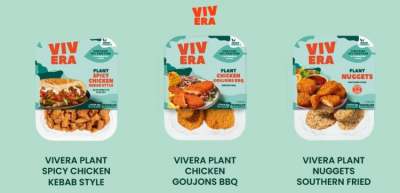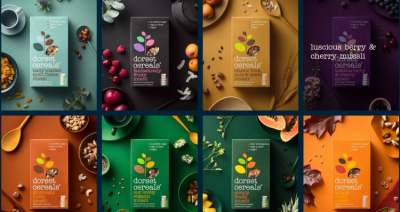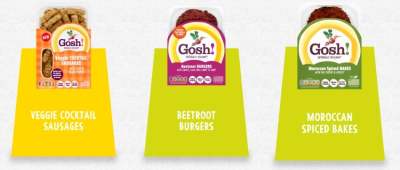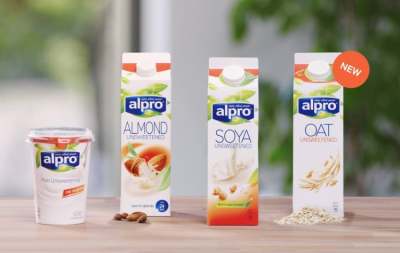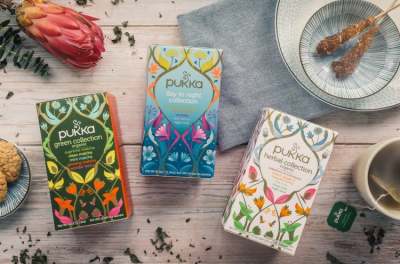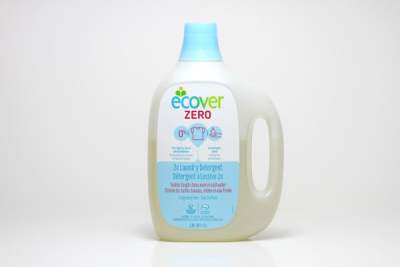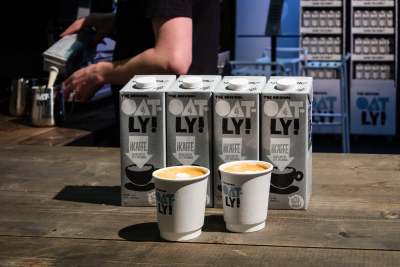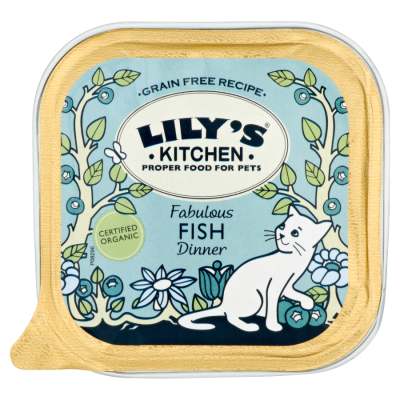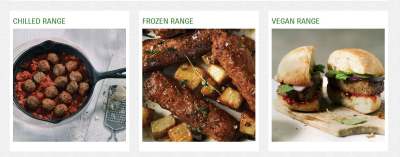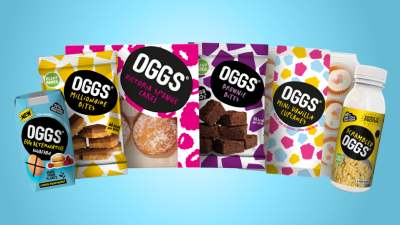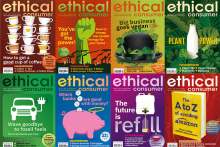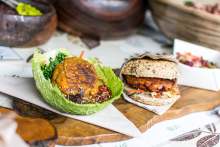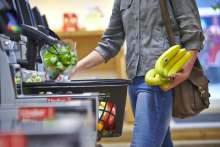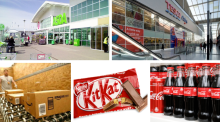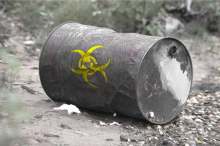10. Oatly (10% Blackstone)
In 2020, Oatly prompted boycott calls after welcoming investment from the private equity firm Blackstone. We wrote about this at the time and reviewed their ethical rating score.
Blackstone’s CEO and co-founder Stephen A. Schwarzman donated $3.7 million dollars towards Trump’s 2020 re-election campaign, propping up his Wall-Street donations. Schwatzman’s donations single-handedly accounted for three-quarters of the contributions from individuals linked to the 31 major banks and investment firms in the US, over an 18 month period.
In 2019, Blackstone was also accused of facilitating Amazon deforestation through its stake in 'Hidrovias do Brasil'. Hidrovias was said to be allowing the export of illegal timber through its shipping terminals, and to have been involved in the development of a road through the forest, enabling easier transportation of clear-cut timber and violating Indigenous rights.
Blackstone said they had been “falsely accused”. “Hidrovias does not own, control or have any interest — direct or indirect — in the road in question”, it said, adding that the company “only ships from traders abiding by the Amazon Soy Moratorium”, a major agreement amongst soy producers not to deforest in the region.
The $200 million investment in Oatly represents a 10% share in the company – meaning that it doesn’t not affect Oatly’s score under Ethical Consumer’s ratings. Blackstone is a passive investor - meaning it has no management control over the brand.
Oatly also caused upset when it attempted to sue a small family business making oat milk in Cambridgeshire, UK, for trademark infringement in 2021. Oatly claimed that Glebe Farm’s PureOaty brand name was too close to Oatly and that it used a similar blue packaging.
The High Court judge ruled in favour of the UK farm saying he did not see "any risk of injury to the distinctive character" of the Oatly brand. Glebe Farm is an oat farm run by brother and sister team Rebecca and Philip Rayner. You can buy their oat milk from them via their website.
